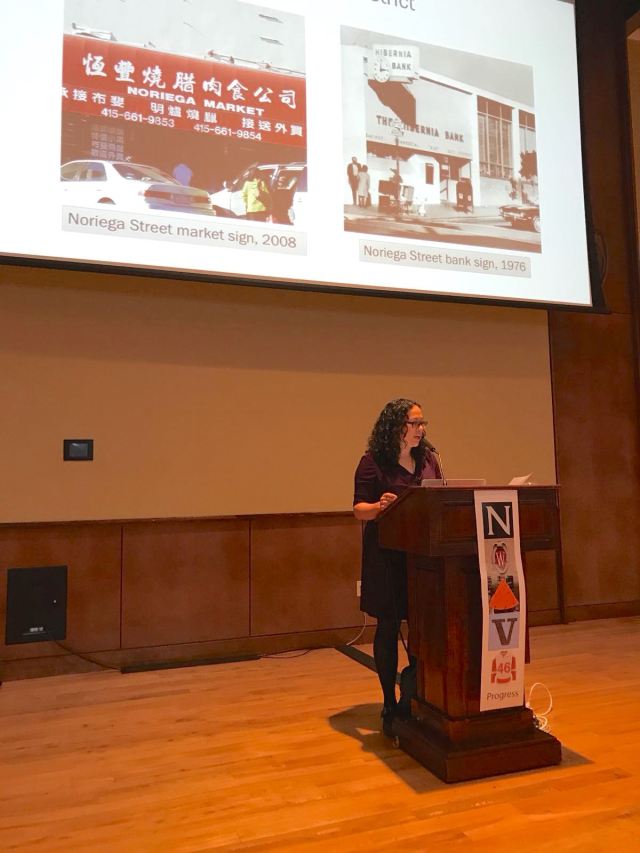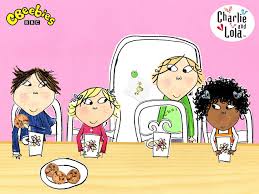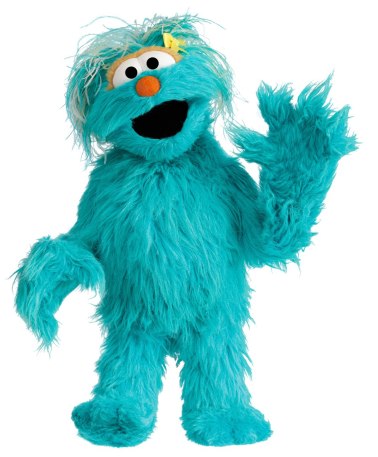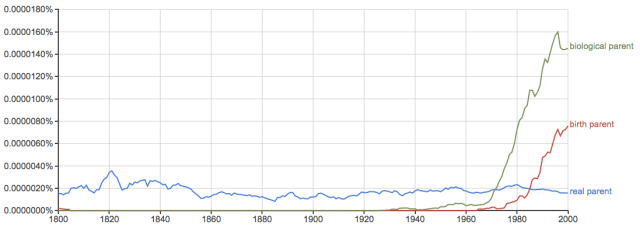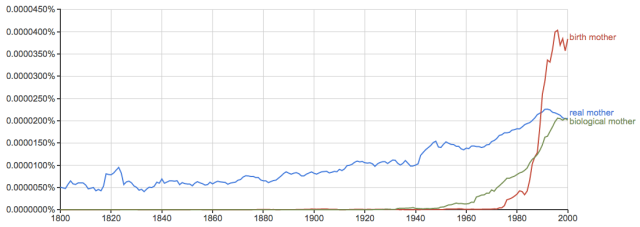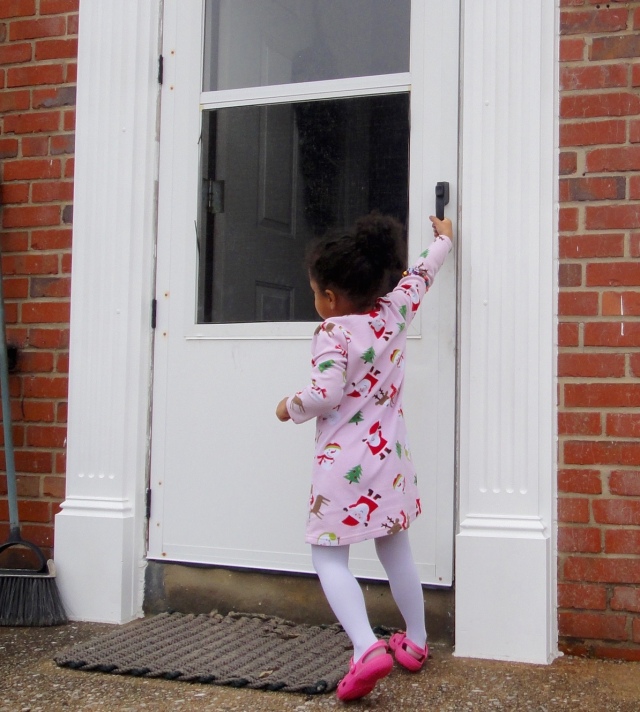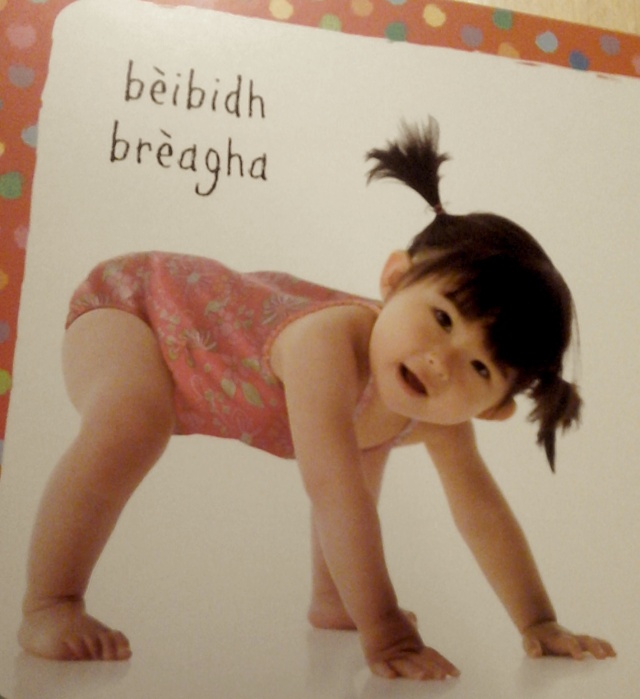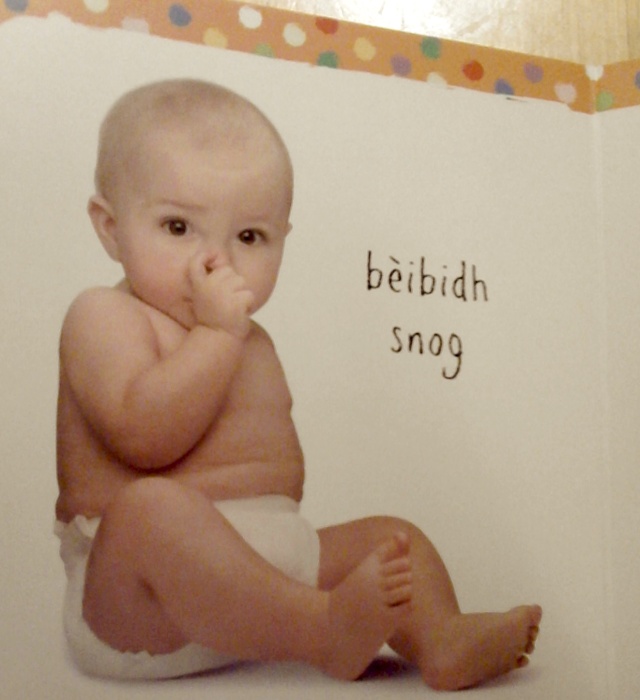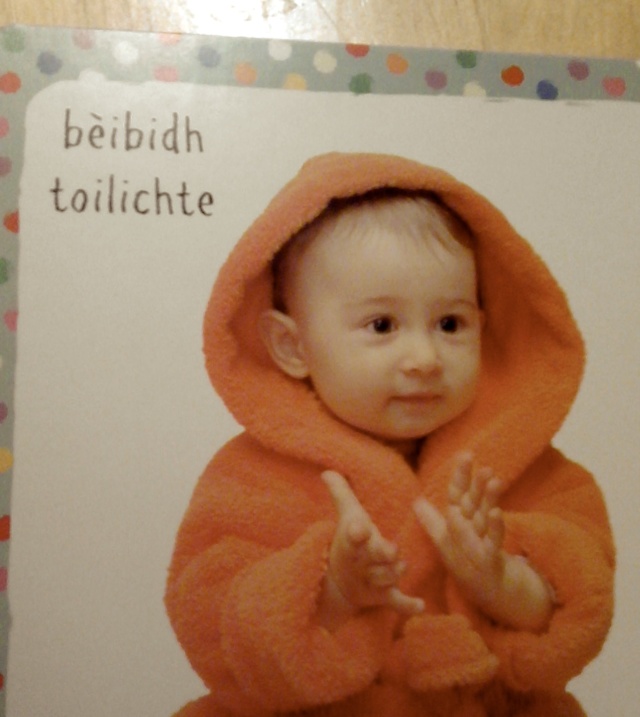[tl;dr — The link to my slides is at the bottom of this post.]
Every Sunday, my friends Julie and Jaime and I email each other something about the week that we’re appreciating. It gives us a chance to pause, reflect, and find the silver lining in what are sometimes otherwise bleak weeks (e.g., my previous post). We’ve been doing this for a long time now, and often we comment on how difficult the task can be, especially lately. Sometimes my emails are just things like, “I had a cold for nearly a month and I’m appreciating that it’s finally ending,” or, “I appreciate the fact that I live in a country where guns are illegal.” Not too long ago I just wrote, “I appreciate ibuprofen.”
This week, though, it’s really, really easy.
I am appreciating the fact that I was invited by the organizers of the NWAV46 conference to give a plenary talk, and that I gave that talk last Friday, and that it went as well as I could have hoped. It’s taken me a couple days for my adrenaline and anxiety to settle down. This talk, as a friend put it, was “a big fucking deal.” I had senior scholars/friends telling me, beforehand, “Of course you’re nervous. I’d be nervous if I were you. But you’ll be fine!” At the time I was a bit like, gee, thanks… But now I’m appreciating the fact that they were right. More than one friend described my talk afterwards as “a career-defining moment” for me. I am still processing that truth.
NWAV is the big annual meeting in my field of study (variationist sociolinguistics). The first time I went to an NWAV was 15 years ago, when I was applying to grad school and just nervous that no one would even accept me. Over the years, NWAV has become my intellectual home. One of the hardest parts about living and working in the UK is my distance from North America, where NWAV is always held. I’ve had to miss several meetings in recent years due to personal and financial reasons, which is another reason why a plenary-level invitation is so important; I might not have been able to attend the conference this year, at all, without the conference paying my way. (If you attended NWAV46, let me personally thank you for paying your registration fees!)
A ‘plenary’ (or ‘keynote’) talk is basically a platform to tell everyone what you think about the state of the field. A plenary talk is three times as long as a regular talk (60 instead of 20 minutes), and there aren’t any competing sessions, and so everyone at the conference can be there. I also got 30 minutes for questions after the talk. No matter how much you prepare a talk, you can never know what that Q&A is going to be like. But in the end (other than a sudden and seemingly incurable case of dry mouth), I actually had fun. I wrote and delivered something 100% genuine to what I think and believe. I got to pull some punches, and in a way that felt honest and fair. I even honored my maternal grandparents, their lives, and their struggles. The questions that followed the talk were all interesting and thought provoking. And the overwhelming positivity and kindness in my colleagues’ feedback afterwards was enough to sustain me through all the bleakest of weeks to come. (Thanks, y’all. Seriously.)
Academia is tough. Intellectually tough, sure, but I mean tough in the human sense. Recent research shows that “47% of graduate students suffer from depression, following a previous 2005 study that showed 10% had contemplated suicide,” and anxiety and imposter syndrome have gotten so synonymous with the PhD experience it feels like a health epidemic. People who know me will know that I’ve struggled with all of these things for a very long time, starting well before graduate school, but peaking during the PhD years. In my second year of grad school I considered dropping out, but worked hard in therapy to separate our fact from fiction (i.e., the kind of fiction that my brain was loudly generating). I credit four key people for getting me through my PhD: my two supervisors, my husband, and my therapist.
Why is it so bad? Because academia is a job that unfairly but inevitably links a person’s worth with their intellectual production. Jobs and resources are scarce and competition is very high. The work is often isolating and lonely (which is one reason conferences like NWAV are just as important for their social function as their intellectual one). There was a time in my life when literally the only thing I enjoyed about linguistics was the conferences. The energy you can get from colleagues’ support of your work, and the inspiration from seeing their excellent work, cannot be underestimated. I’m not really an extrovert, but if I were the kind of person who couldn’t feel energized by others, then I doubt I would still be in academia.
I can say this now because of my immense privilege. I have a secure job. I made it past promotion last year. And I just gave a talk that people say they really liked. For every person like me, there are hundreds of people who can’t talk about these same experiences for fear that they won’t get that job, that promotion, or that talk invitation. If you’re reading this and if this sounds like you, you’re not alone. While I have a strict rule of not giving too much academic supervision to students outwith my university (to be fair to those who are paying their tuition fees to my university), I don’t have that rule when it comes to stuff like this. Email me.
(Blogging’s funny. I came here to describe the content of my talk and post a link to my slides and script. Apparently I had some other stuff to say, though!)
My talk, based on a new analysis of the data I collected in my PhD dissertation, was basically about my view of how social theory should be used in the study of language change.
If you’re not a linguist or academic, the background is that a lot of linguists (like me) are interested in how it is that the language we speak is always constantly changing (e.g., we don’t talk now the way Shakespeare did), but we don’t really understand how or why it changes the way it does. How does a change start? How does it spread? It turns out these are really tough questions. Many people, namely “sociolinguists” (I’m a sociolinguist), have showed how’s possible to track changes as they’re happening, and that when you do, you see that there are some people who will be ahead of other people, and then the question is why that might be. That then leads to a question of who those people are, and how we think about who those people are. And people disagree about how much that matters, and what kind of stuff matters. My talk is about how I think it all matters more than some people say it does, especially once we get on the same page about some key concepts.
If you are a linguist or academic, the gist is that I think all models of so-called neutral or automatic change are fundamentally wrong in their framing of patterns as not ‘social’. The results of those studies might be completely right, but I’m talking about how scholars use social theory (or not) to frame and interpret those results. It’s an argument squarely in the middle of positivism and interpretivism, and in my talk I make the case that that dichotomy is kind of a waste of time. We just don’t know enough yet to know that we can throw out half of our analytic arsenal, whichever half that may be. An analysis will be more complete if we draw on all the analytic resources at our disposal.
Anyway, here’s a link to an 82-page PDF of the slides, plus the script that I read out loud for the talk. (I haven’t included the full bibliographic details for the references but you’re welcome to email me for that if you can’t google your way there.)
And I welcome your feedback with open arms! I’ll be syphoning different parts of this talk into different publications, but for the meantime you can cite the slides thusly:
Hall-Lew, Lauren. 2017. When does a (sound) change stop progressing? Plenary talk, NWAV46 (New Ways of Analyzing Variation, 46), University of Wisconsin, Madison, USA.

